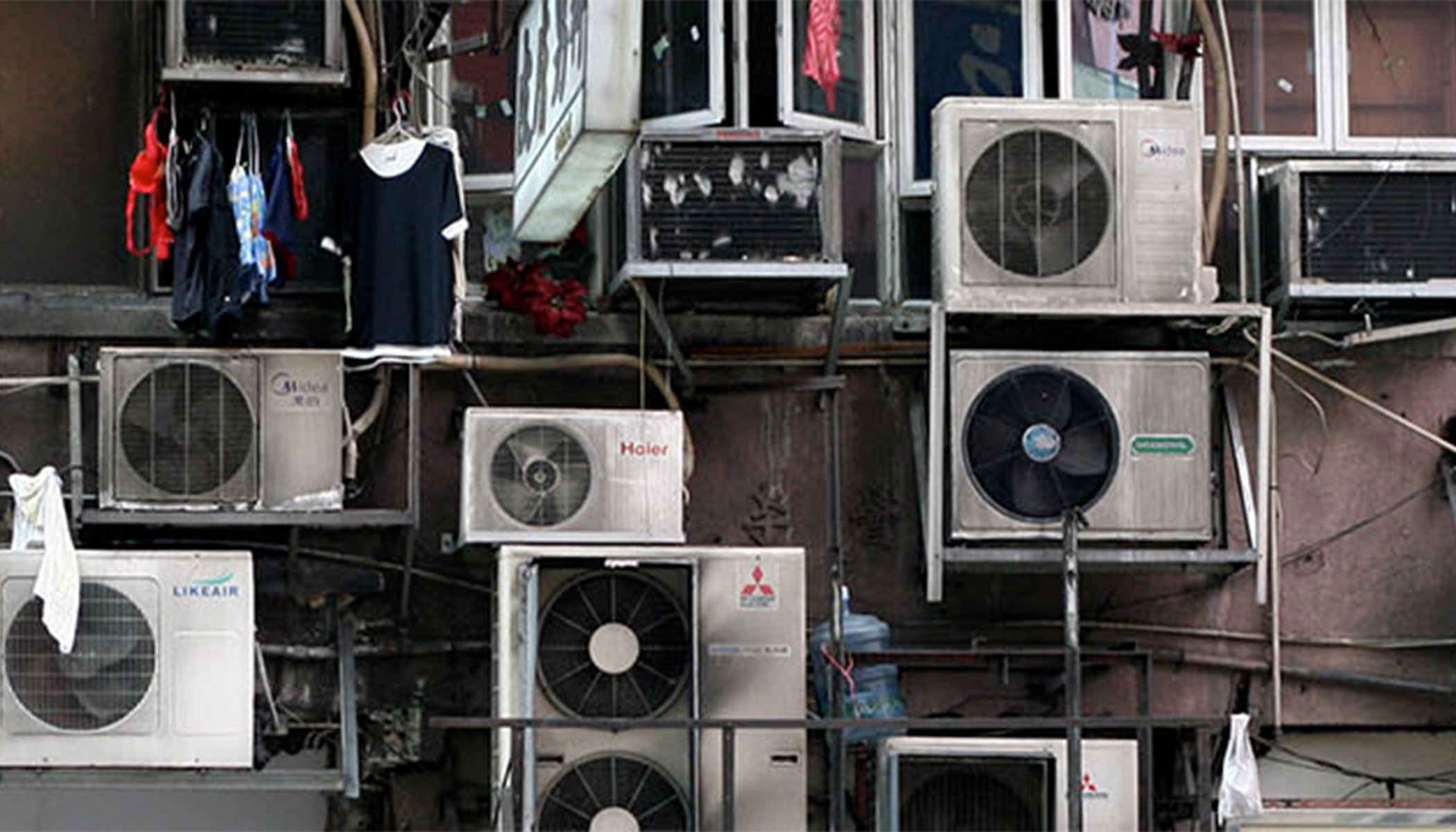Barocal, a start-up co-founded by Dr Xavier Moya of the Department of Materials Science and Metallurgy and based on his research, has been named as a finalist in the Global Cooling Prize.
Established by a coalition led by the Government of India along with the Rocky Mountain Institute (RMI), the Global Cooling Prize is an international innovation competition designed to stimulate invention and production of super-efficient and climate-friendly residential cooling solutions.
The competitors showcased technologies that reduce or eliminate refrigerants linked to climate change, advances that will be vital as the number of room air conditioners nearly quadruples by 2050.
In addition to Barocal, the eight finalist teams include three of the world’s largest AC manufacturers—Gree Electric Appliances Inc. of Zhuhai, Daikin AirConditioning India Private Ltd., and Godrej and Boyce Mfg. Co. Ltd.—as well as startups and smaller corporations, Transaera Inc, M2 Thermal Solutions, Kraton Corporation and S&S Design Startup Solution Pvt. Ltd.
Barocal Ltd. is the sole finalist from the UK and EU.
One hundred and thirty-nine teams from 31 countries entered the competition. The finalists have been awarded $200,000 each to develop and ship their prototypes to India for testing in the summer of 2020.
The winner of the Global Cooling Prize will be announced in November of 2020 based on the performance of the finalist prototypes and awarded at least $1 million in prize money for commercialisation and scaling support.
“I’m deeply honoured to be a finalist in the Global Cooling Prize,” said Dr Moya. “As the world gets hotter, the number of air conditioners will skyrocket. Cooling equipment already devours 20% of the world’s electricity. We must make it more efficient. Like traditional devices, Barocal’s technology harnesses pressure-induced thermal changes, but it uses materials that are more efficient and do not contribute to global warming.”
The teams chosen as finalists pitched a wide range of technologies, from smart, hybrid designs of vapor compression and evaporative cooling to solid-state cooling technologies that use little or no global warming refrigerants.
“It gives me immense satisfaction to say that we have received some absolutely revolutionary cooling ideas,’’ said Sir Richard Branson, Founder and CEO of the Virgin Group and Global Ambassador for the Prize. “What makes this competition especially exciting is the market transformation opportunity. It could be one of the biggest technology based steps we can take to affect climate change.”
Population growth, urbanization and rising income levels, compounded by a warming planet, are driving unprecedented growth in demand for comfort cooling globally, from 1.2 billion room air conditioners (RACs) in the world today to a projected 4.5 billion by 2050. Over the next three decades, ten room air conditioners will be sold every second in markets around the globe.
The Minister of Science and Technology, Government of India, Dr Harsh Vardhan, who announced the finalists today in New Delhi, said: “Innovation is the foundation for development and growth. This important initiative aligns with the objectives of the India Cooling Action Plan that the Government of India officially released this year to bolster our R&D efforts in global climate leadership and strengthens our commitment to accelerate clean energy innovation.”
A global coalition led by the Department of Science and Technology, Government of India; RMI, a leading global research institute; and Mission Innovation, a global initiative of 24 countries and the EU to accelerate global clean energy innovation, launched the Global Cooling Prize in November 2018 with the aim of spurring the development of a radically more efficient and climate-friendly residential cooling solution. The initiative is also supported by Conservation X Labs, Alliance for an Energy Efficient Economy (AEEE) and CEPT University.
RMI’s Chief Executive Officer Jules Kortenhorst highlighted the critical climate threat the world faces from the booming demand for comfort cooling. “The Residential / Room AC industry represents a 60-billion-dollar market today and is set to grow to nearly four times that size by 2050. The Prize initiates an era of transformation and global innovation for the cooling industry. A breakthrough technology has the potential to prevent up to 75 gigatons (GT) of CO2-equivalent emissions by 2050, whilst providing affordable access to cooling in parts of the world where it is becoming a critical need.”
Tags: Barocal, Global Cooling Prize, Xavier Moya











